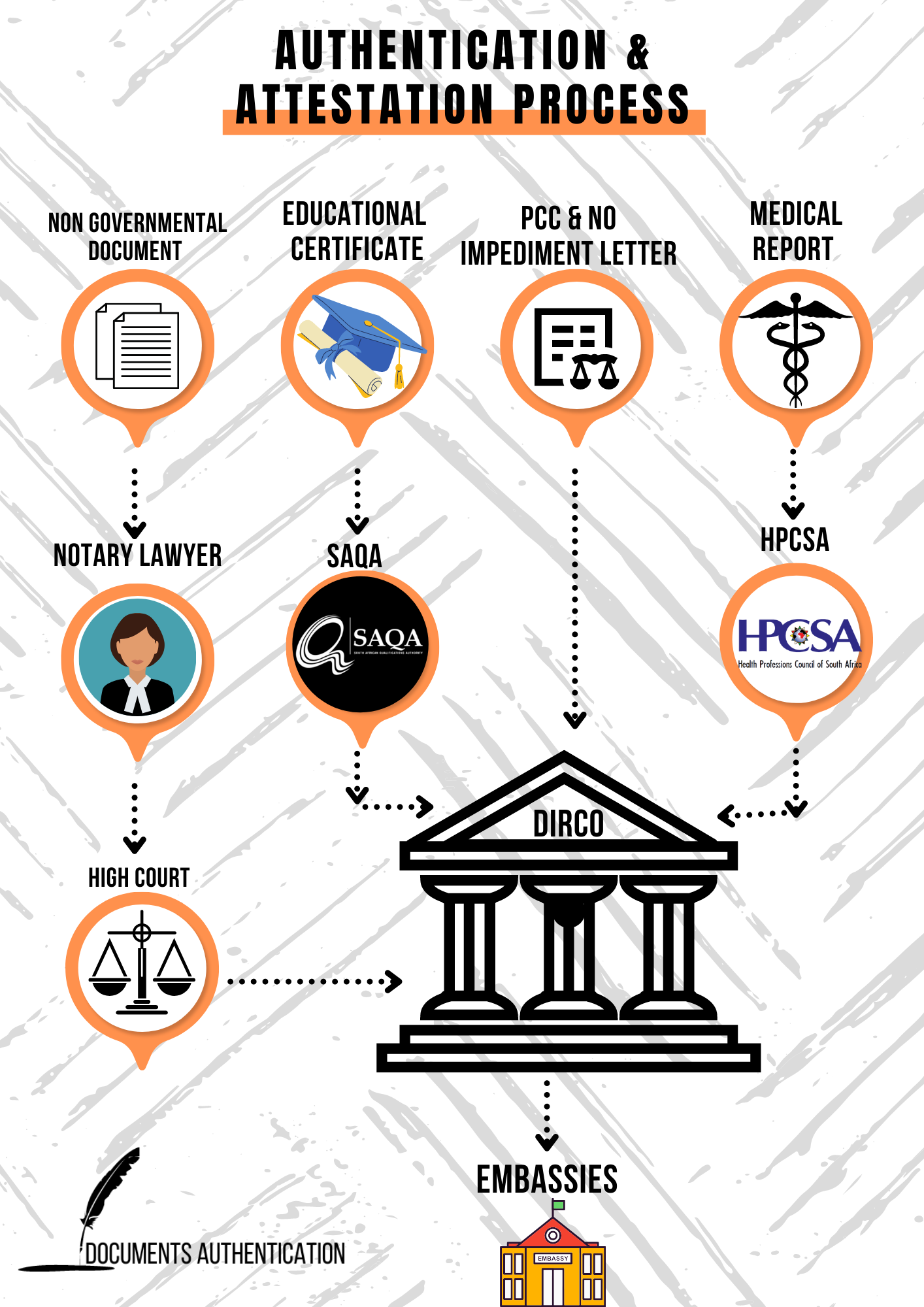The concepts of Apostille and Authentication are essential in international document verification, particularly in the context of the Hague Apostille Convention. In 2024, the Chinese government transitioned from using Authentication to Apostille, marking a significant change in how documents are legally recognized for international use.
Definition: An Apostille is a form of certification set out in the 1961 Hague Convention, to which over 100 countries are signatories. It simplifies the process of legalizing documents for international use among the member countries.
Process: The Apostille process involves a single-step verification where the designated authority in a member country certifies the authenticity of the document’s signature, the capacity in which the person signing the document acted, and, where appropriate, the identity of the seal or stamp on the document.
Use: Apostilles are used in countries that are members of the Hague Convention. They streamline the process of document recognition across borders, eliminating the need for additional certification by the foreign embassy or consulate.
Advantages: The process is generally faster and simpler than authentication. Since it is recognized by all member countries, it facilitates smoother international document exchange and legal procedures.
Definition: Authentication, used by countries not part of the Hague Convention, is a more complex process of document verification. It typically involves multiple steps and various authorities.
Process: The process usually starts with the local state department or a similar authority, followed by the foreign country’s embassy or consulate. Each step involves verification and certification.
Use: Authentication is necessary for countries that are not part of the Hague Convention. It is used to ensure that a foreign document is valid and can be legally recognized in another country.
Disadvantages: Compared to Apostille, the process is more time-consuming and complicated, often requiring additional steps and verifications from different authorities.
The transition from Authentication to Apostille represents a move towards greater efficiency and ease in international legal processes. For countries like China, joining the Hague Convention and adopting the Apostille system significantly eases the burden of legalizing documents for international use, fostering better cross-border
If you need an unabridged birth certificate, you can apply through the South African Department of Home Affairs. The application process involves:
Processing times may vary, so it’s best to apply well in advance of when the document is needed.




We would never leave you all to everything even after handling your documents. Our 24/7 services will be open to all your request at any time.